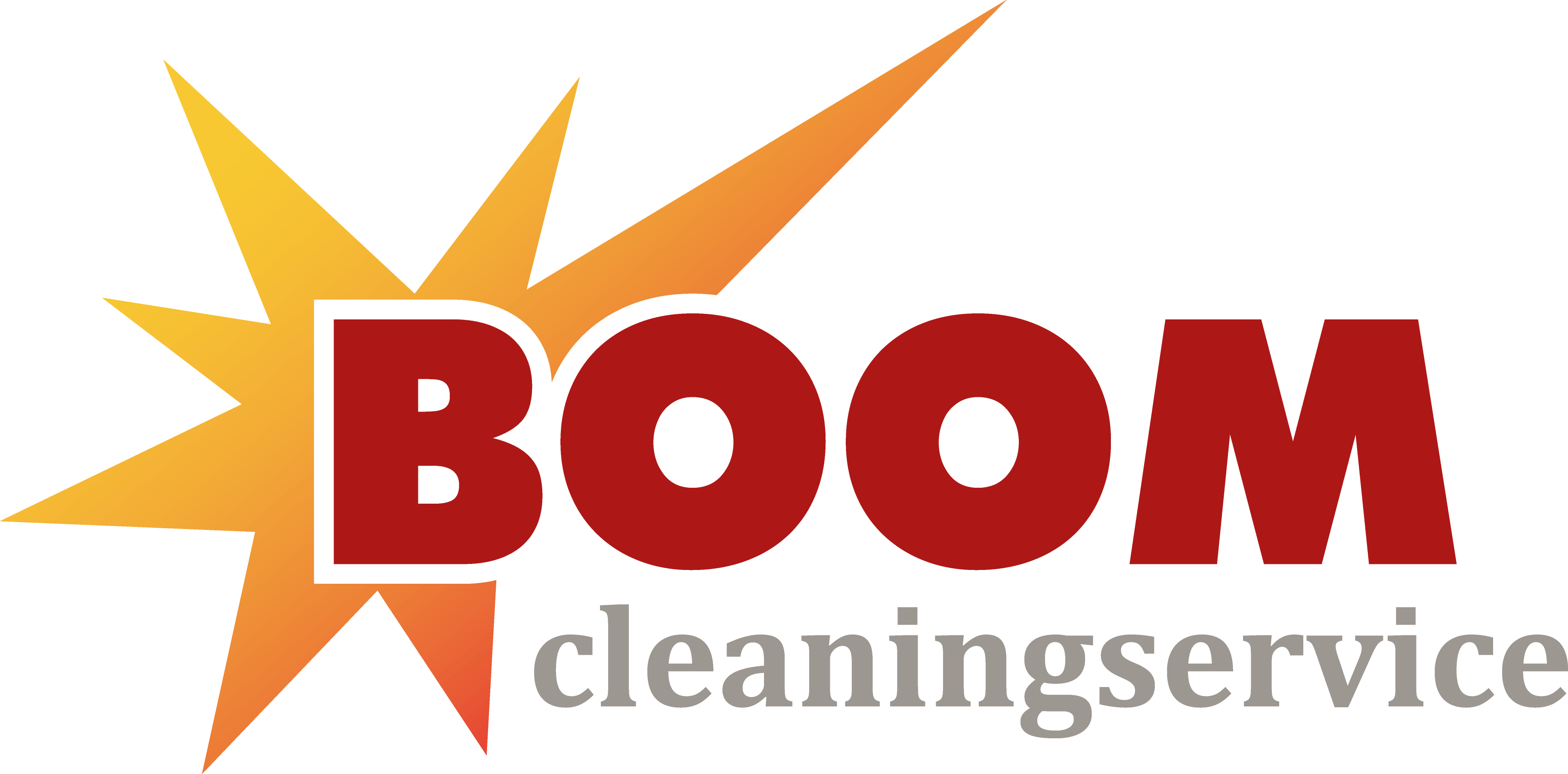In today’s age of environmental consciousness, sustainable practices in all businesses are coming under more and more scrutiny. Commercial cleaning is one industry where this change is very apparent. In an effort to lessen their impact on the environment and provide safer working conditions for both staff and customers, businesses are looking for alternatives to conventional cleaning products that are packed with harmful chemicals.
Discover the universe of cleaning tasks that can be done at home. They are not only very affordable, but they also have a lot of advantages, such as lowering toxic exposure, cutting down on packaging waste, and modifying formulas to meet unique cleaning requirements. We’ll go over the foundations of homemade commercial cleaning supplies in this tutorial, along with how using them can completely transform your cleaning regimen.
Learning the Fundamentals
- Baking soda, also known as sodium bicarbonate, is a well-known abrasive that works well for cleaning appliances, counters, and sinks. It is perfect for cleaning the kitchen and bathroom areas because it also neutralises odours.
- Vinegar: Because it is acidic, this common pantry item works well as a disinfectant and cleaner. It eliminates stains, breaks down grease, and destroys mould and bacteria. However, because of its acidity, it should not be used on naturally occurring stone surfaces like granite or marble.
- Citrous Peels and Essential Oils: Natural oils found in citrous fruits have strong degreasing properties and leave a pleasant aroma in their wake. Citrous-infused cleaner can be made by steeping lemon, orange, and grapefruit peels in vinegar; essential oils, such as tea tree oil, have antibacterial qualities.
- Castile soap: Made from plant oils, castile soap cleans a variety of surfaces gently but effectively. It is a sustainable substitute for traditional detergents because it is liquid and biodegradable.
Prior to going into do-it-yourself recipes, it’s critical to comprehend the main components frequently found in professional cleaning products:
DIY Tips for Common Cleaning Tasks
After discussing the fundamentals, let’s look at some customised formulations designed for typical industrial cleaning duties:
1. All-Purpose Cleaner
Ingredients: One part water, one part vinegar, and optional citrous peels or essential oils make up the All-Purpose Cleaner.
Instructions: Fill a spray bottle with equal parts water and vinegar. For aroma, add some citrous peels or a few drops of essential oil. Before using, give it a good shake. You may use this multipurpose cleaner on floors, glass surfaces, and countertops.
2. Kitchen Surface Degreaser
Ingredients: warm water, 1 tablespoon castile soap, and 2 tablespoons baking soda.
Instructions: Make a paste by combining baking soda and castile soap. Put the paste on oily surfaces, like range hoods and stovetops. After letting it sit for a few minutes, use a sponge to scrub.
3. Disinfectant Spray
Ingredients: 1 cup water, 1 cup white vinegar, and 10–15 drops tea tree oil (or other essential oils)
Instructions: Combine water, vinegar, and tea tree oil in a spray bottle. Shake well before each use. This solution is effective for disinfecting high-touch surfaces like doorknobs, light switches, and restroom fixtures.
Benefits of DIY Commercial Cleaning Products
- Cost-Effectiveness: Since DIY cleansers are frequently created using low-cost household materials, businesses can avoid spending money on cleaning supplies.
- Diminished Environmental Impact: Do-it-yourself products help you maintain a cleaner, greener lifestyle by using natural ingredients and reducing packaging waste.
- Customisability: Companies can modify DIY recipes to suit particular cleaning requirements and tastes, such as tackling tough stains or changing the aroma.
Including do-it-yourself cleaning supplies in your business offers several advantages, such as encouraging sustainability and fostering healthier and safer interior spaces. Businesses can improve their cleaning procedures and lessen their environmental impact by utilising basic, natural materials. Making the move to DIY commercial cleaning is a step towards a cleaner, greener future, regardless of the size of your business.

